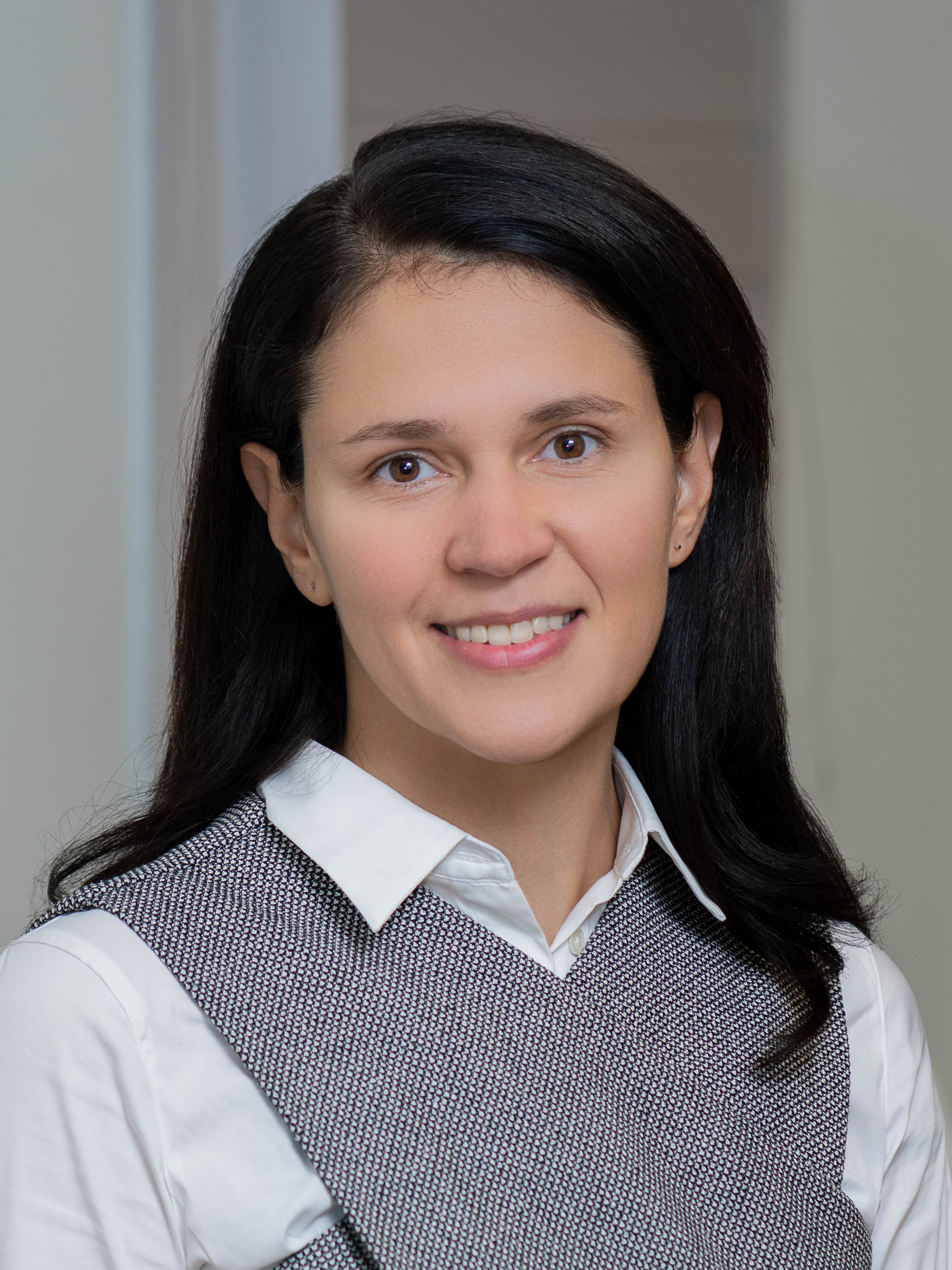Research Spotlight on Giedrė Dzemydaitė
Giedrė Dzemydaitė, Joseph P. Kazickas Postdoctoral Associate, spoke with Yale about her work and experience at the university during the 2024-25 academic year. Dzemydaitė is an Associate Professor of Economics at Vilnius University. Her research concerns economic systems, addressing questions on structural change, productive efficiency, regional development, and economic dynamics, with a focus on Central and Eastern Europe as well as the European Union.
If you're interested in Dr. Dzemydaitė's research, please join her upcoming talk Pathways to Economic Diversification in Small and Open Economies: How the Baltic States Navigate Structural Change on Tuesday, April 1 in Luce Hall, Room 203 at 4:00pm
Tell us more about the path that brought you to Yale.
Around six years ago, I read Odyssey of Hope by Joseph P. Kazickas. The book gave me much to reflect on regarding life values, and his story inspired me to pursue the best opportunities available. Later, I discovered the Baltic Studies Program at Yale, initiated by Joseph P. Kazickas himself. I realized that there could be no better opportunity for academic and professional growth than joining one of the world's top universities, where I could engage in high-quality research and policy-relevant economic studies.
What has your work as a Postdoctoral Associate at Yale entailed?
I am doing research on economic structural changes in the Baltic States. This includes exploring diversification into new growth paths and analyzing key factors influencing economic development of small open economies.
What Yale resources have been especially helpful in your work?
I believe that the most valuable resource is the knowledge and experience of the people here. Therefore, I aim to connect with the Yale community of researchers, as well as visiting scholars, by attending research seminars, conferences, classes, and special events that Yale offers. Undoubtedly, the Yale library provides invaluable resources, such as the Orbis database, which is extremely helpful for data and research.
Could you elaborate on your interactions and collaborations with Yale students and faculty?
I have built new contacts primarily with people from the European Studies Council. During their conferences, they attract researchers and students interested in the Baltic region and Europe, areas that I am also working with. Additionally, I attend special events, conferences, and research seminars at the Departments of Economics, the School of Management, and the Jackson School of Global Affairs, where I connect with a broader community sharing similar research interests, such as economic development, industrial policy, structural change, technological change, and related topics. Furthermore, I also attend some classes as a student to learn from the best professors and experience what it is like to be a student at Yale.
What have been the highlights of your time at Yale so far?
It’s hard to pick just one. I really enjoyed the conferences and events of the Baltic Studies program and was pleasantly surprised to find and discuss new research ideas with people from other disciplines, particularly historians. I believe this will fuel my future research in more interdisciplinary studies. Additionally, I thoroughly enjoyed the Presidential Lecture at the School of Management, given by a professor from Harvard. It was a great example of how high-level scientific research intersects with policy and societal needs. It was truly inspiring and motivated me to think about how research can lead to real-world results and societal change. These are just a few examples of the great and inspiring experiences I had at Yale.
How do you plan to utilize the knowledge, resources, and connections you will have acquired at Yale in your future career?
I believe this experience will help me develop new research projects where I can apply the knowledge and networks I’ve gained to contribute to better research on the Baltic region and beyond. What I seek is high-level research with practical applications to policy. This experience has provided valuable insight into how such research is conducted and has helped me focus my efforts on the right path to achieve this goal, with the aim of contributing to the development of my country and region.
Learn more about Baltic programming at Yale by visiting the Baltic Studies Program website.
Interviewed by Oliver Wolyniec
